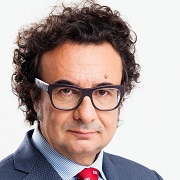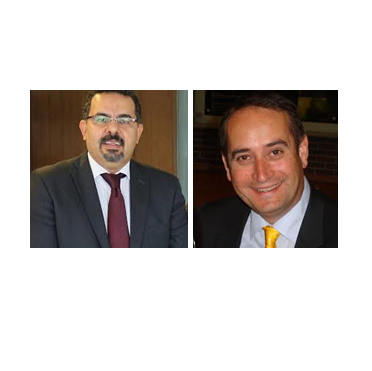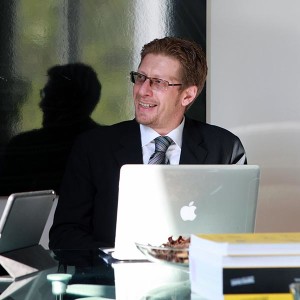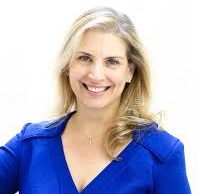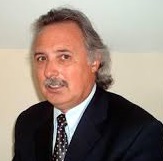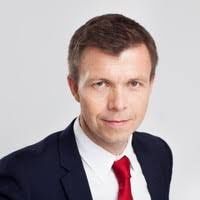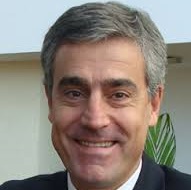Financing SMEs and Entrepreneurs: trends, issues and policies since the 2008 global financial crisis
Access to financing continues to be one of the most significant challenges for the creation, survival and growth of SMEs, especially innovative ones. The financial crisis of 2008 hit them particularly hard. Governments responded at the time with some tried and true remedies (e.g. increased loan guarantees) as well as some innovative programmes such as credit mediation. Traditional bank finance is still the most common source of external finance for many SMEs and entrepreneurs, but it poses challenges to these firms and maybe ill-suited for newer, innovative and fast growing companies. Broadening the range of financing instruments available to SMEs and entrepreneurs has now become a primary concern and challenge for policy makers, in order to enable SMEs and entrepreneurs to play their role in growth, innovation and employment. In our webinar we will cover the past and more recent trends, issues and policies in SME finance.
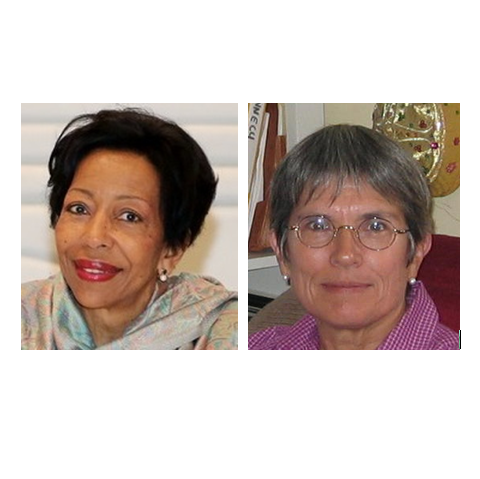
Relator: Mme Marie-Florence Estimé & Ms. Lorraine Ruffing
Former Deputy Director at the OECD Centre for Entrepreneurship, SMEs and Local Development (CFE) OECD, France | Former Chief, Enterprise Development at UNCTADMarie-Florence Estimé is the former Deputy Director of the OECD Centre for Entrepreneurship, SMEs & Local Development (CFE). She has been responsible for the OECD Working Party on Small and Medium-sized Enterprises (SMEs) and Entrepreneurship (WPSMEE) since its foundation in March 1993. She has developed her activities and studies on SME issues and policies in OECD countries, in the areas of globalisation, innovation and competitiveness, employment and job creation, high growth SMEs, ICTs and e-business, management training, women’s entrepreneurship. She also developed an exchange of information and co-operation with non-member economies, international organisations, the business sector and NGOs and managed the preparation of the two OECD Ministerial Conferences on SMEs (Bologna 2000 and Istanbul 2004) and other global thematic conferences and their outputs. At the OECD, Mme Estimé also worked at the Development Centre, the Economics Department and the Directorate for Science, Technology and Industry where she prepared and/or contributed to a number of studies. Before joining the OECD, she worked at the French Ministry of Economics and Finance (Direction de la Prévision). Since retirement, she has continued to work in the areas of SMEs and Entrepreneurship. She is currently a Board Member of INSME and several NGOs and non-profit associations: e.g. OPEE-MENA (Observatoire des Pratiques des Entrepreneurs et des Entreprises dans la Région Afrique du Nord et Moyen Orient - Observatory for Entrepreneurs and Enterprises Practices in MENA countries), DSF (Développeurs sans Frontières), the OECD WHG (the OECD War on Hunger Group). She is also carrying out a housing and agricultural development project in the private sector in Haïti. Lorraine Ruffing earned a Ph.D in trade and development economics from Columbia University in New York. She has taught economics in universities in New York, Santiago and Geneva. She entered the United Nations in 1981 and worked for 5 different UN agencies and served in a number of countries including Chile, Mexico, Uzbekistan and Venezuela. During her time at UNCTAD (United Nations Conference on Trade and Development), she directed its Branch on Enterprise Development in the Division on Investment and Enterprise. The main focuses of her work were on small enterprise development, corporate governance and corporate social responsibility. She formulated a private sector development (PSD) strategy for Africa for the United Nations Development Programme which was based on best practices identified during eight expert meetings and projects in 31 developing countries which support entrepreneurs. Since retirement she has continued to work in the areas of small business financing, corporate governance, and corporate social responsibility. She was the Senior Consultant for the Organization for Economic Cooperation and Development (OECD) and assisted in the production of the annual publication, Financing SMEs and Entrepreneurs: An OECD Scoreboard. She has recently co-authored a book on the UN’s attempt to draft a code of conduct for transnational corporations: UN Centre on Transnational Corporations: corporate conduct and the public interest by Khalil Hamdani and Lorraine Ruffing. They are also co-authors of the recent article: Lessons from the UN Centre on transnational Corporations for the Current Treaty Initiative.


